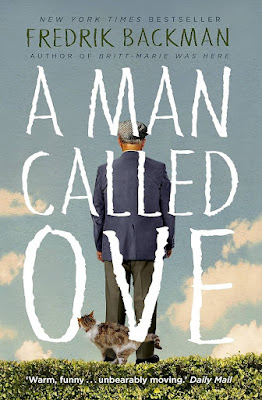The Handmaid's Tale
Author: Margaret Atwood
Acquired in: October 2020
Ah, the glee of finally reading a book you've wanted to for a long time is a feeling like no other. And yes, The Handmaid's Tale is like no other. Books like these belonging to speculative fiction have enormous potential for imagination. Margaret Atwood's work aims to show what a government led by a fundamentalist regime would pan out.
A radical quasi-Christian outfit overthrows the US government and establishes a totalitarian theocracy named the Republic of Gilead where women have no rights. They have no right over their bodies; only fertile women are considered useful. Women hold different positions on the social ladder according to their past roles in pre-coup America- the Wives, the Handmaids, the Marthas, the Econowives and the Unwomen. Due to the dangerously high levels of radioactive pollution, most Gileadians are sterile, including the new elite consisting of the Commanders and their Wives. To somehow salvage a childless nation, Commanders are assigned Handmaids, like Offred. These women exist solely to bear their Commanders' children on behalf of their barren Wives. Even their names indicate that men own them; Ofglen, Ofwarren, for example.
Offred details her life as a Handmaid, one filled with loneliness and longing. We see snatches of her pre-Gileadean life often, where we learn that she used to have a husband and daughter, whose whereabouts she can only imagine. Dressed in red, these women suffer in silence, unwilling to put a toe out of line for fear of untold horrors at the hands of 'the Eyes of God'.
Atwood's book is a critique of religious sects that preach the inferiority of women. Reading the book made me muse on what would happen if such groups enter politics- a scary picture indeed. I've waited long to read this; now I'm glad the delay was worth it.



Comments
Post a Comment